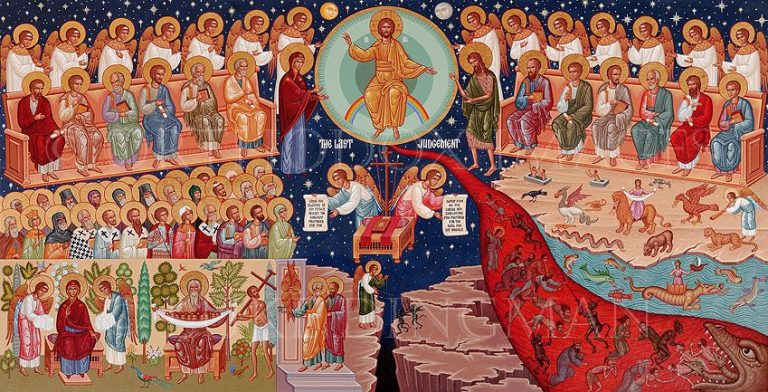“I have a personal relationship with Jesus.” is a popular, ongoing theme. So is identifying oneself as “Evangelical”. Many combine the two concepts. “I am an Evangelical and have a personal relationship with Jesus.”
Some make a third announcement. “I believe in Jesus and The Bible.”
Evangelical thinking prompts many to put the three legs of their religious platform together. “I believe in Jesus and The Bible. I am an Evangelical and have a personal relationship with Jesus.”
That sums up the belief system of several tens of millions of people claiming to be “Evangelical”. Those with an awareness of history, Scripture, and spiritual issues don’t think things are that simple. Questions flood into their minds.
“What do you think about Baptism? Confirmation? Free will? Purgatory? Fornication? Divorce? Artificial birth control? Last Rites? Educational requirements of clergy? Excommunication? Willful sin? Firing a minister? Accounting for money, especially cash? Setting salaries? Abortion? Scattering ashes of the cremated? Remarriage? Historical precedents? Conflicts with tradition and Scripture? Tithing? Control of spending? Maintaining accurate records? Criminal background checks? Position on The Holy Trinity? Canonized Saints? Historical precedent for their belief in the last two thousand years? Who decides who gets into Heaven? Does everyone who says ‘I believe in Jesus and the Bible’ get into Heaven? Did the Apostles and early Church leaders have similar beliefs? Did Jesus ever say ‘I want you to have a personal relationship with me?'”
The response is generally a repetition describing the three-legged stool on which their Christianity rests: “I believe in Jesus and The Bible. I am an Evangelical and have a personal relationship with Jesus.”
Those satisfied with such answers from evangelical thinking tend to support someone who tells them, “All you need is to believe in Jesus and The Bible. All that’s necessary is to be an Evangelical and work on our personal relationship with Jesus. Now, let’s talk about tithing.”
The opportunity to garner tithes seems to be the reason for most of the 43,000 denominations. The justifications for evangelical thinking are simpler than ever. Hard questions remain and are usually ignored.








